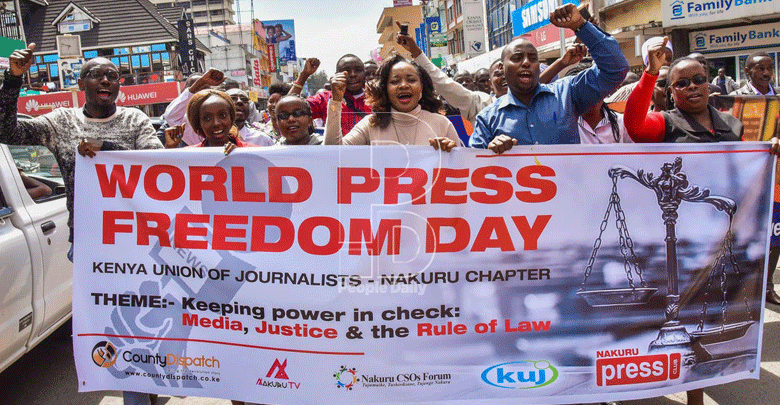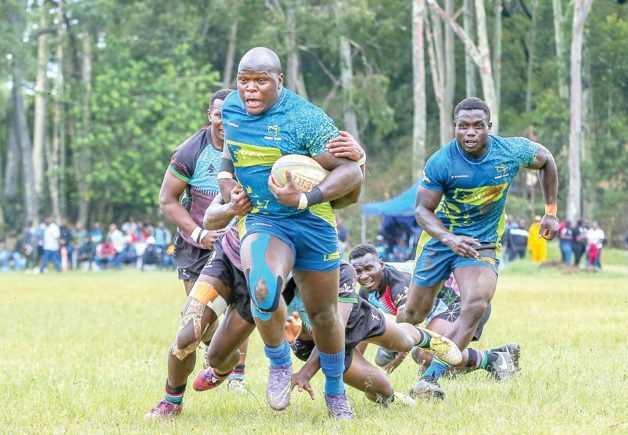Police assaults on journalists should end

In broad daylight, before witnesses and cameras, Kenyan police officers continue to obstruct journalists from performing their essential democratic function. It’s a familiar pattern – officers prevent reporting, assault media personnel, seize equipment, and destroy evidence of their actions. This represents impunity of the highest order.
The latest incident occurred Wednesday in Nairobi’s Majengo area, where reporters from three news outlets were assaulted while gathering information about the shooting death of a 17-year-old student. NTV shared evidence in the form of a picture showing officers blocking a photographer from retrieving a camera while another deleted footage recorded during protests sparked by the teenager’s death.
Professional media organisations responded with justified outrage. The Kenya Editors Guild lamented that journalists were attacked “with batons, kicks, and slaps”, condemned the officers’ actions, and called for their arrest, compensation for the affected journalists and a public apology from the police agency. But such statements, while necessary and genuinely felt, have proven insufficient to end this recurring abuse.
Why do Kenyan police persistently undermine journalism? The answer is straightforward. First, they want to suppress evidence of potential misconduct, human rights violations, and unprofessional behaviour to avoid having to explain their questionable actions.
But more significantly, sections of Kenya’s State apparatus are still struggling to abandon the authoritarian practices of our past, when police were used as weapons against citizens who challenged official storylines.
Although a more democratic system is emerging under the Constitution adopted in 2010, it’s clear that institutions such as law enforcement still resort to the past tactics of suppressing dissent and independent sources of information. Elements of the police still believe they can act without consequences.
It would be unfair to paint all Kenyan police with the same brush. Many officers serve honourably each day, upholding their duty to protect citizens, and we salute them. But the institutional problems cannot be denied and need to be addressed – through better training, a stronger accountability system that ensures offending officers face appropriate penalties, and a cultural shift toward greater respect for press freedom.
The National Police Service’s (NPS) response to the Majengo attacks offers us some hope. An NPS spokesperson stated that the agency was “gravely concerned [about] and strongly condemn such misconduct”, adding that “the circumstances surrounding the incident are currently under investigation”.
The NPS claimed to maintain “a cordial relationship with the media” and promised “firm and decisive action” against officers who engaged in misconduct.
We welcome these words, but Kenyans have heard similar promises before. What matters now is action. We await concrete results from this investigation and transparent details about the disciplinary measures taken against the responsible officers.














